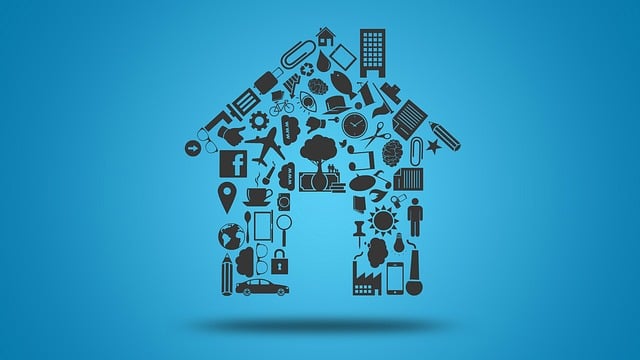Before significant financial real estate decisions, meticulously evaluate housing costs including rent/mortgage, utilities, and maintenance compared to similar properties. Budget for variable utility costs, considering climate, home size, and personal habits. Track monthly spending patterns to categorize discretionary and necessary expenses for informed real estate investments.
Before making any snap decisions, it’s crucial to analyze your potential monthly costs. This comprehensive guide will help you navigate the financial landscape of real estate by breaking down essential expenses. We’ll start with assessing rent and housing costs, then uncover often-overlooked utility bills. Next, we’ll explore how your lifestyle choices impact variable spendings. By considering these factors, you’ll be well-equipped to make informed decisions about your next home.
Assess Rent and Housing Expenses

Before making any major decisions about your financial future, it’s crucial to thoroughly assess your housing costs. Rent and real estate expenses can vary greatly depending on your location and lifestyle choices. Start by evaluating your current accommodation situation. Are you paying rent or a mortgage? If it’s rent, examine the monthly cost and consider if it aligns with your budget. Remember, housing is often one of the largest monthly expenses, so it deserves careful consideration.
When analyzing rent, look at not just the base cost but also any additional fees like utilities, property maintenance, or parking. Compare these costs to similar properties in your area using online real estate resources. This comparison will help you understand if you’re getting fair value for your money and if there are more affordable options available.
Uncover Hidden Utility Costs

Many homeowners overlook utility costs when evaluating a new property, often treating them as an afterthought. However, understanding and budgeting for electricity, water, gas, internet, and other hidden utilities is paramount, especially in today’s digital era where energy consumption patterns can significantly impact your finances. A thorough analysis of these costs across various real estate options will prevent unexpected bills and help you make informed decisions.
Hidden utility expenses can vary widely depending on the climate, home size, and personal habits. For instance, heating and cooling systems in colder regions or larger homes with extensive use of electronics will drive up energy consumption. Similarly, water bills might be higher in areas with less rainfall or for properties with older plumbing or inefficient appliances. Uncovering these costs early in your search empowers you to make adjustments, such as opting for more energy-efficient appliances or considering homes with better insulation, thus ensuring long-term savings.
Consider Lifestyle and Variable Spendings

Before making any significant financial decisions, it’s crucial to analyze your monthly costs and understand your variable spendings, especially when considering a big-ticket item like real estate. Your lifestyle plays a pivotal role in shaping your expenses, and what might be fixed costs for one person could vary greatly for another. For instance, entertainment preferences can drastically impact utility bills; frequent dining out will obviously differ from home cooking.
Understanding these variables is essential to making informed decisions. Tracking your spending over time can reveal patterns and help you categorize discretionary vs. necessary costs. This awareness ensures that when you’re ready to invest in real estate, you’ll have a clear picture of your financial flexibility and the potential impact on your monthly budget.






